Rangamati, July 24 (V7N) - In a significant push to replace environmentally damaging timber cultivation, the Ministry of Chattogram Hill Tracts Affairs is focusing on the promotion of coffee and cashew nut cultivation in the region. This initiative comes as part of a broader plan to boost the socio-economic development of indigenous people and preserve the fragile mountain ecosystem.
The Ministry has instructed the Chattogram Hill Tracts Development Board, along with the district councils and local agriculture departments, to encourage hill farmers to adopt coffee and cashew nut cultivation. The regions of Rangamati, Khagrachari, and Bandarban are set to become hubs for these crops, as part of a larger development strategy.
In a recent interview, the Ministry's Advisor, former Ambassador Supradip Chakma, highlighted the importance of this initiative, stating that coffee and cashew nut cultivation will not only contribute to economic prosperity but also promote environmental sustainability in the region. "Once started, these crops will provide long-term financial support for the local communities for 40-50 years," Chakma added. He further expressed the aim of positioning the Hill Tracts as a global center for coffee and cashew nut production, similar to how Sylhet is known for tea.
Growth in Coffee and Cashew Nut Farming
The coffee and cashew nut cultivation project began in June 2021, initially with 1,800 hectares allocated for coffee, and around 4,200 hectares for cashew farming. Today, over 2,000 coffee and cashew nut gardens have been established in nearly 12 sub-districts across the three hill districts under the Development Board's efforts.
According to Agriculture expert and Project Director of the Chattogram Hill Tracts Coffee and Cashew Nut Project, Mohammad Jasim Uddin, the transition from traditional jhum (shifting cultivation) to these cash crops is showing promising signs. The local population is becoming increasingly interested in cultivating coffee and cashew nuts due to the rising prices of these products.
Uddin emphasized that coffee farming, in particular, helps maintain soil fertility, aids in environmental preservation, and offers employment opportunities. The region's high-altitude terrain and conducive weather conditions make it ideal for coffee cultivation.
Economic Impact and Employment Generation
With approximately 500,000 hectares of unused land in the region, experts estimate that if just 100,000 hectares are used for coffee farming, it could yield two lakh tons of coffee. Additionally, the coffee-growing project has the potential to meet domestic demand and generate up to $1 billion in exports, which will significantly boost the national economy.
The expansion of coffee and cashew farming has already created new entrepreneurial opportunities, with the establishment of over 22 processing factories in the country. The processed cashew nut industry is worth about Tk 700 crore, and the demand for coffee has seen a rise of 56% over the past decade.
The growth of this industry is also creating numerous job opportunities, especially for women. Large private corporations, such as BSRM and Kazi Group, have invested heavily in processing facilities to meet the growing demand for cashews and coffee. Approximately 1,200 people are expected to be employed in these processing plants, with a significant portion being women workers.
Challenges in Scaling Up the Industry
Despite the promise, the project has faced challenges. One significant issue is the lack of manpower to manage the 2,000 coffee and cashew nut gardens, which are spread across the remote hills. The Development Board has only six field organizers to oversee these gardens, and they lack the necessary qualifications to provide the necessary training and care for the crops.
Agricultural experts argue that the project could see far better success with the addition of skilled trainers and better logistical support. Currently, a lack of timely training and maintenance is holding back the potential of coffee and cashew nut farming in the hill districts.
Future Prospects
According to the Rangamati Agriculture Department, with the right planning and investment, coffee and cashew farming could lead to economic liberation for the hill communities while simultaneously protecting the environment. The focus now is to improve training, resources, and infrastructure, so that this potentially game-changing agricultural shift becomes a reality in the coming years.
END/AMR/SMA/



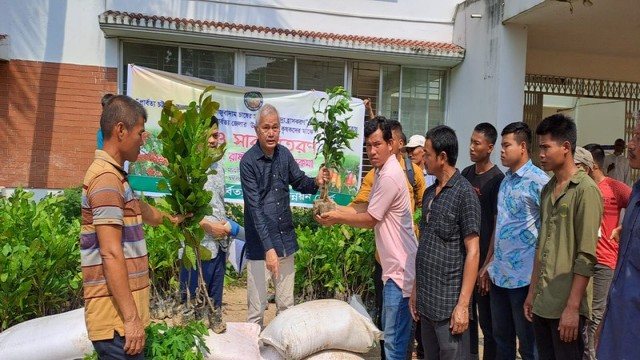
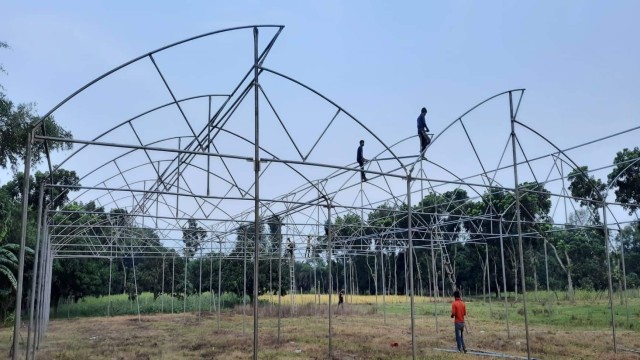

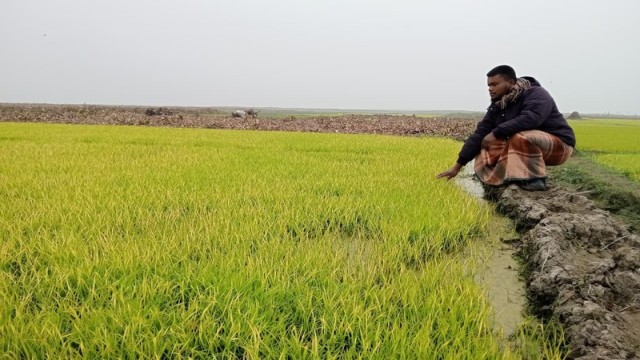
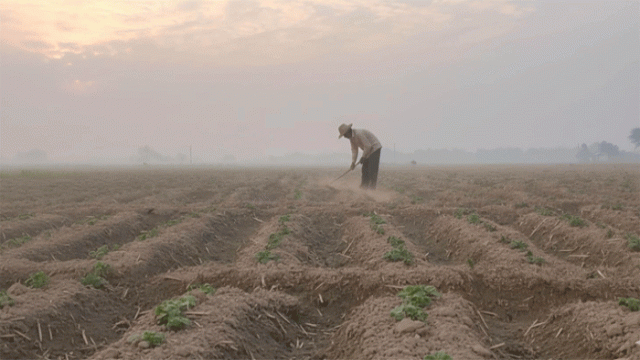
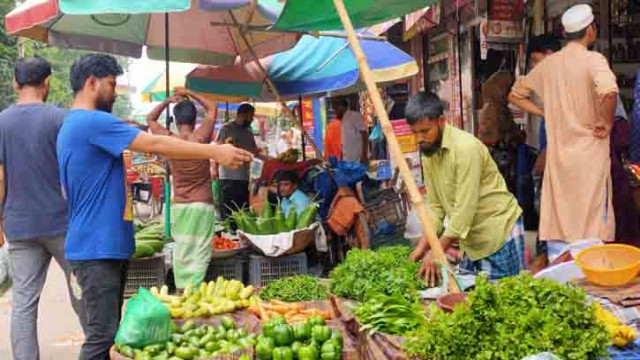
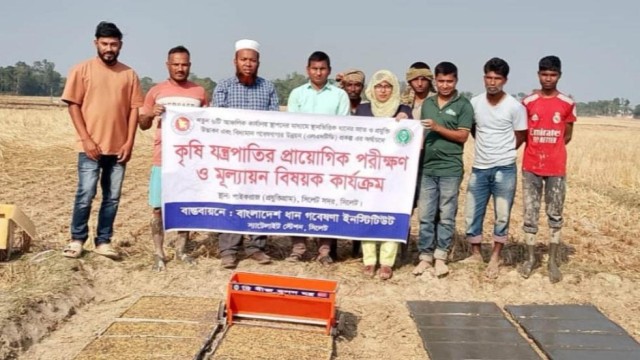





















Comment: